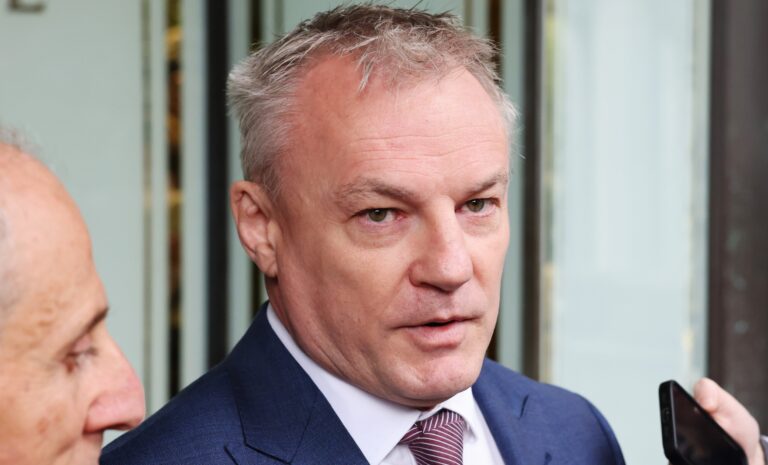
Addressing the ‘missing middle’: calls for greater mental health services following Bondi attack

By NAZMUN NAHER SHISHIR
Following the horrific stabbing attack at Bondi Junction last Saturday, psychologists and mental health groups have called for collective calm and for greater mental health services following the news that the perpetrator may have had schizophrenia.
Placing the blame on the perpetrator’s mental health is not only inaccurate, but can be distressing and harmful for those living with similar health conditions, said SANE in a statement, the national organisation representing Australians impacted by complex mental health.
CEO Rachel Green said, “Persistent, negative portrayal of mental illness reinforces shame and reduces the likelihood that someone will seek help. It contributes to social isolation, poorer health outcomes and increased suicide risk.”
The organisation was reportedly “inundated” with calls and emails from members of the community who were “horrified to think they’re seen in the same light as the person who has committed this terrible crime.”
Joel Cauchi, the 40-year-old perpetrator of Saturday’s horrific events, first experienced mental health problems as a child.
Queensland police said he was diagnosed with schizophrenia at age 17. In his parents’ initial statement, they said he had “battled with mental health issues since he was a teenager”.
Speaking to media, Cauchi’s mother, Michele, said her son had had his illness under control with medication and had been doing well, so his doctors allowed him to gradually reduce his dosage.
Gaps in the system
Though homicide of strangers by people with severe mental illness is extremely rare (about 1 in 14 million per year), ongoing media focus on Cauchi’s mental condition has caused widespread fear about the danger of people with complex mental illness in our community.
Ms Green from SANE said early intervention, ongoing treatment and psychosocial support can enable people with complex mental ill health to “live healthy, productive and meaningful lives,” but pointed to severe gaps in the mental health system.
“There is an enormous need for increased investment and better coordination of mental health services at a state and federal level,” she said.
“Our current mental health system is filled with gaps and people have and continue to fall through and sometimes with devastating consequences”.
“We’re calling on governments to take action to ensure this situation doesn’t happen again.”
Addressing the ‘missing middle’
President of Australian Psychological Society (APS) Dr Catriona Davis-McCabe told City Hub that while the investigation of the Bondi Junction attack is ongoing, people should not jump to conclusions about the attacker’s motives.
“People with complex mental health issues need our compassion and support, not assumptions and stigma,” she said.
But there are often several barriers that prevent people from getting the help they need.
“They should have community treatment options available to them, but there are often not enough local psychologists, or the cost of treatment is prohibitive,” she continued.
She echoed SANE’s calls for the government to invest further in mental health services, saying the demand across Australia far outstrips the supply.

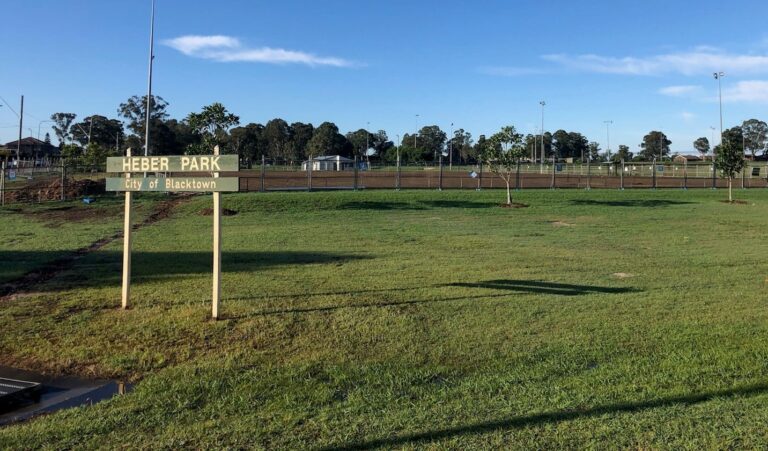
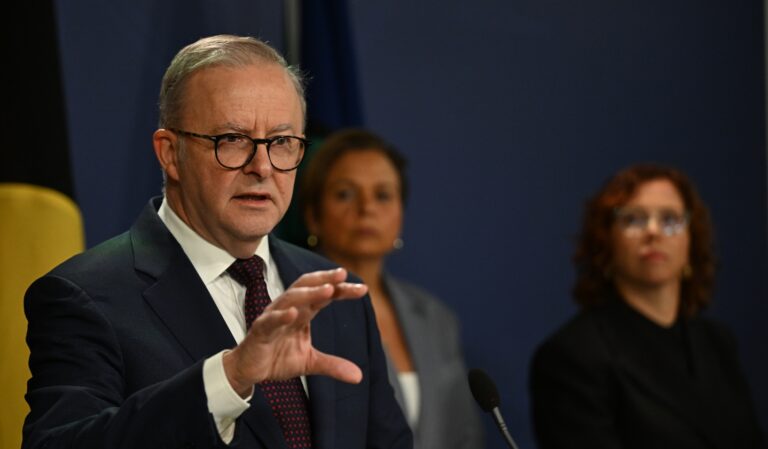

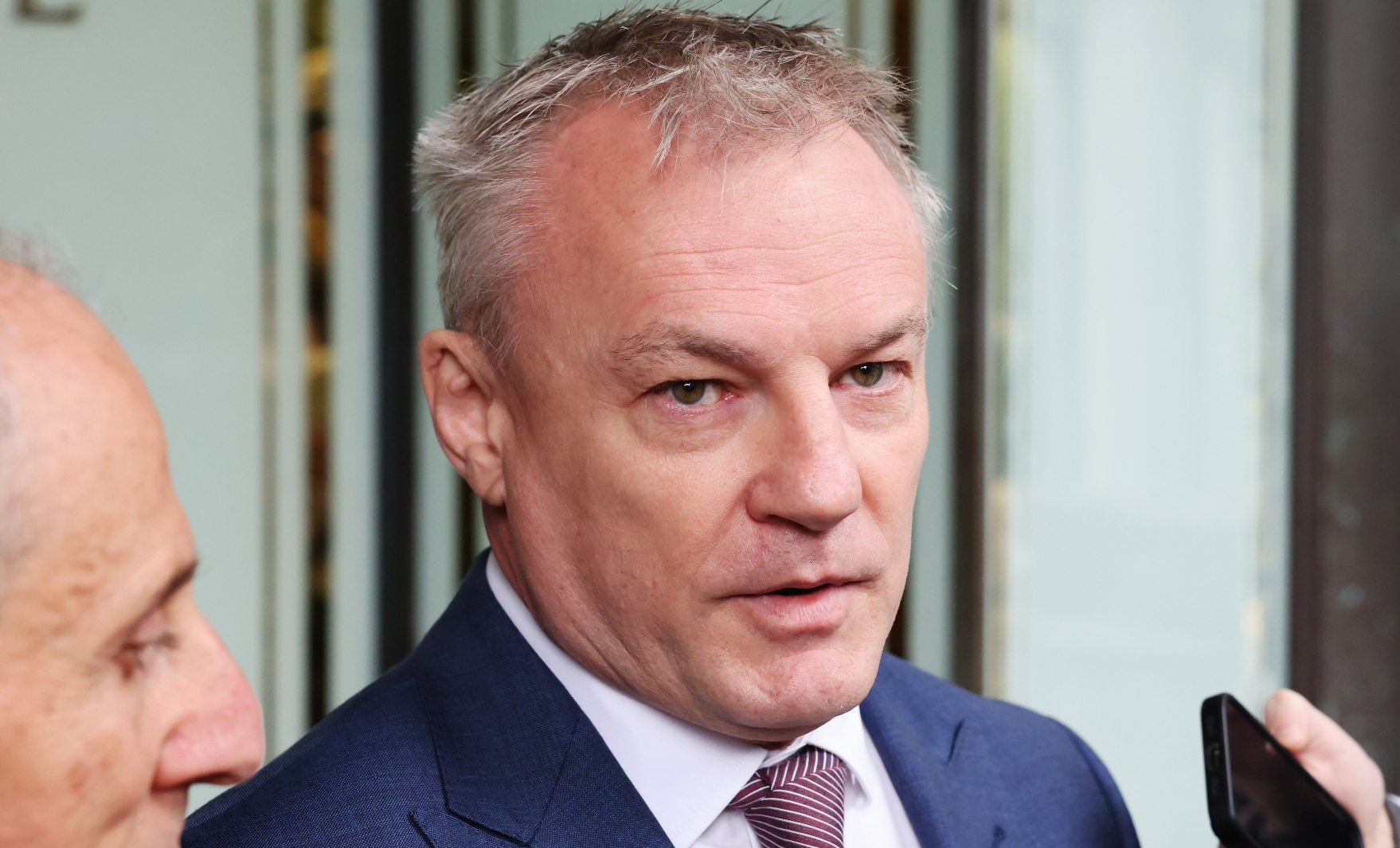

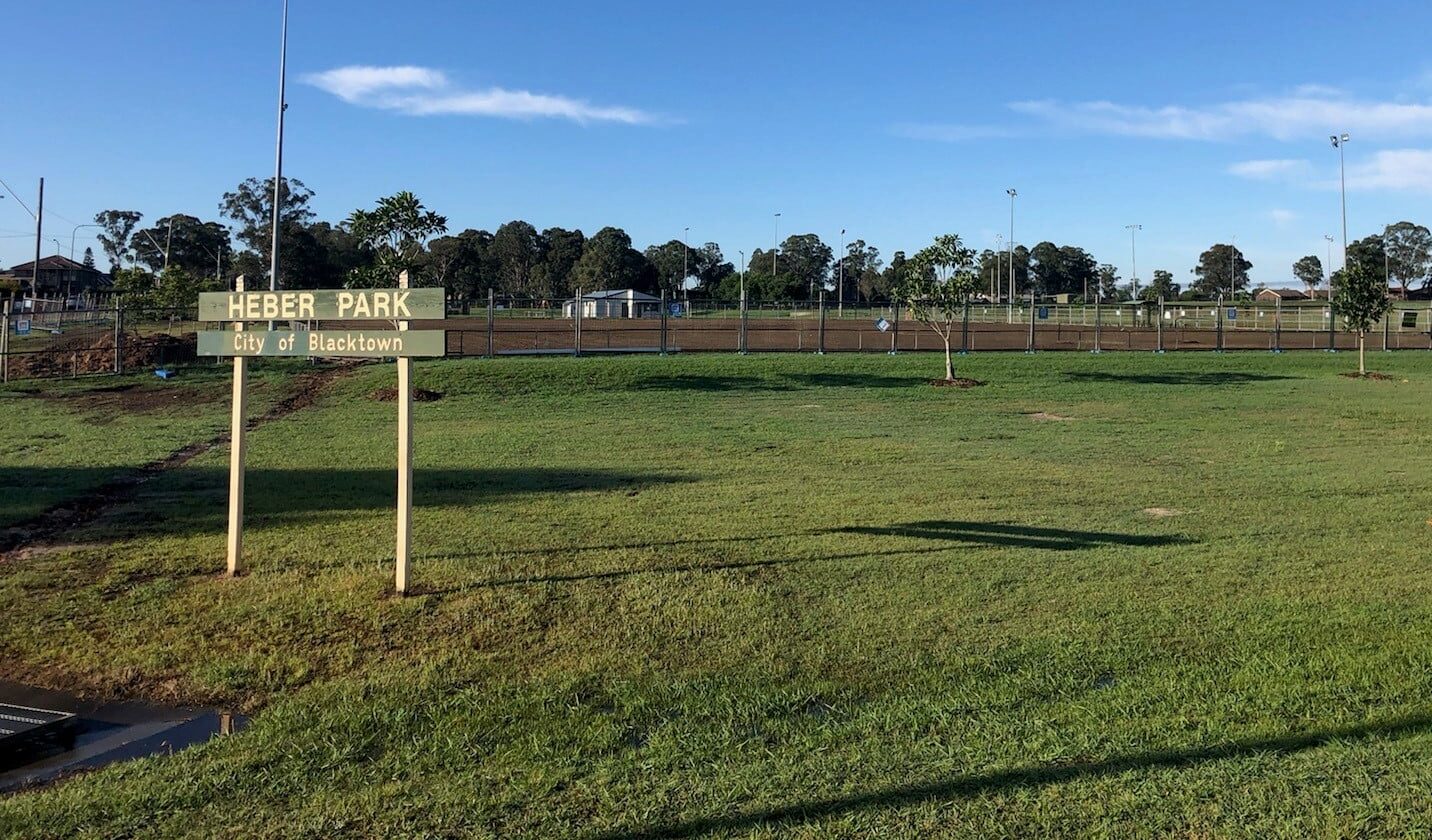
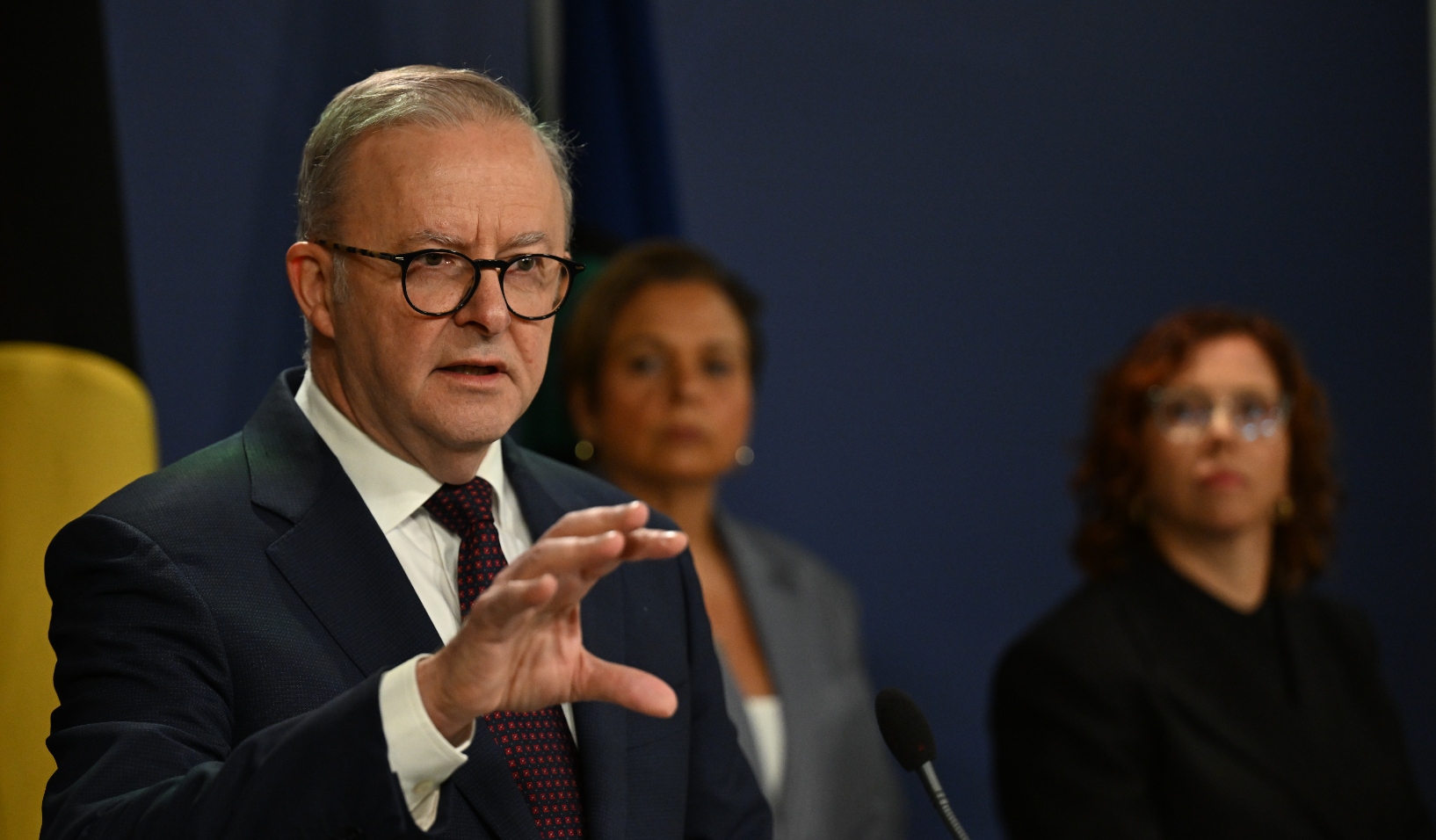
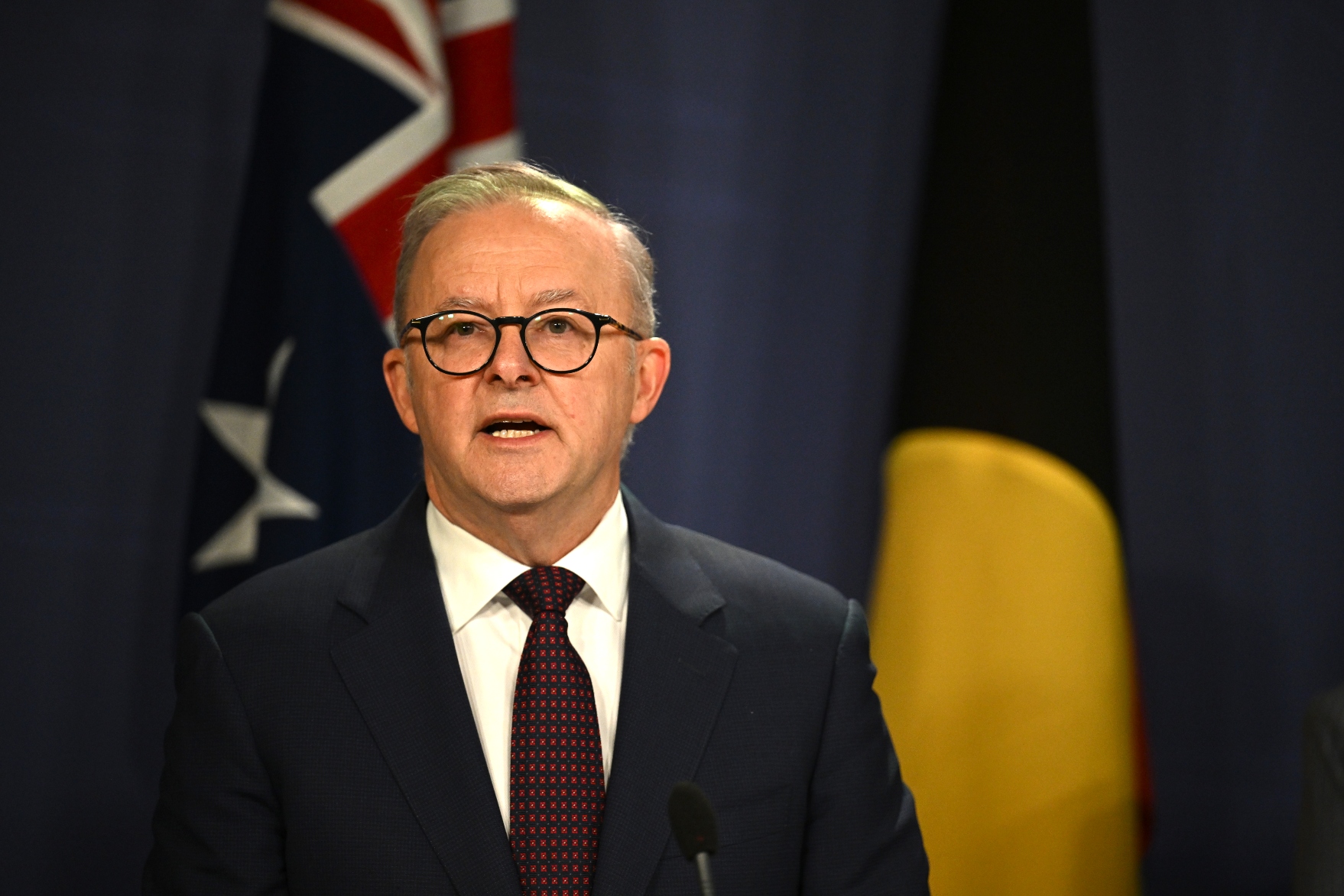

Leave a Reply